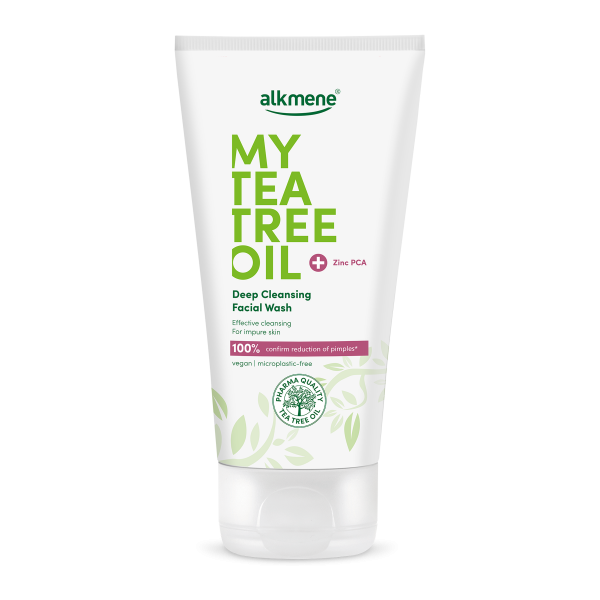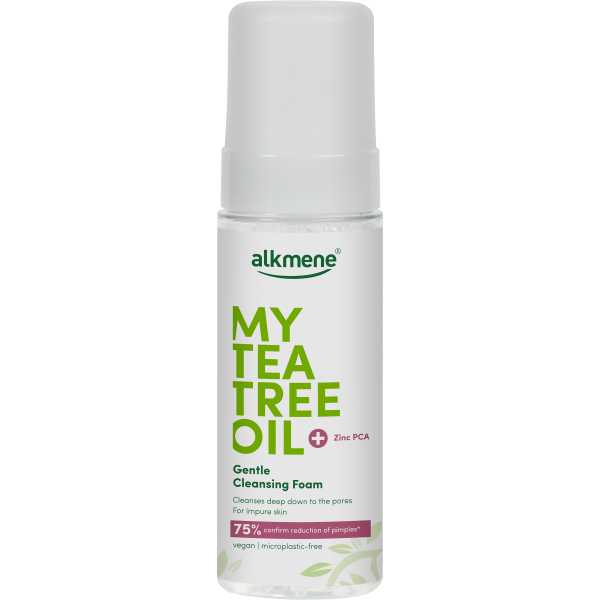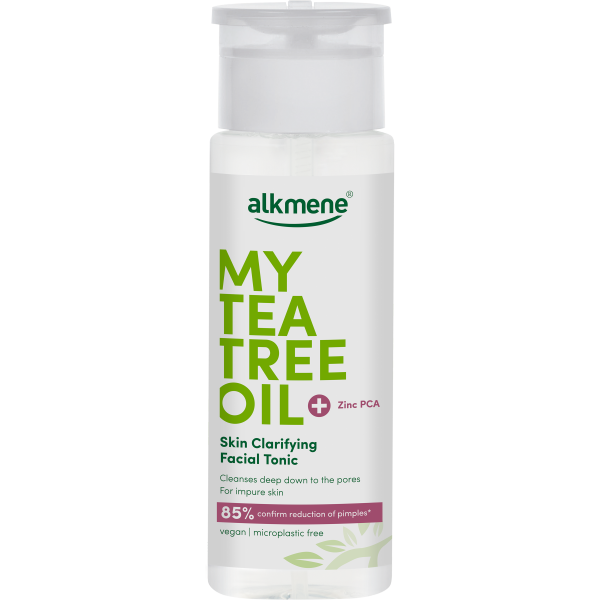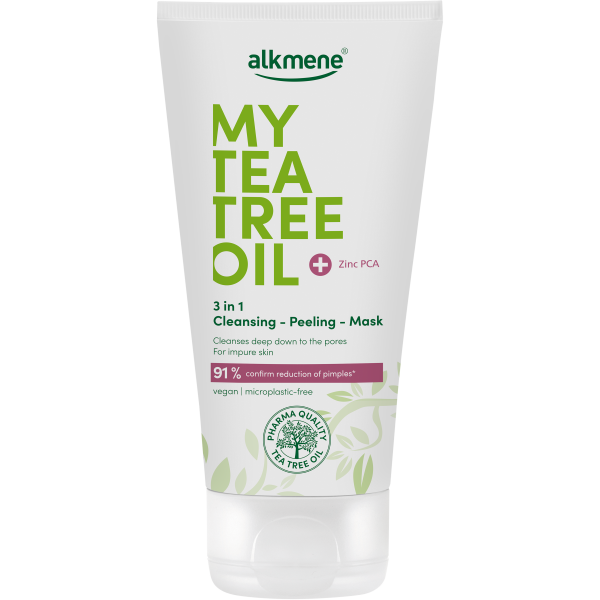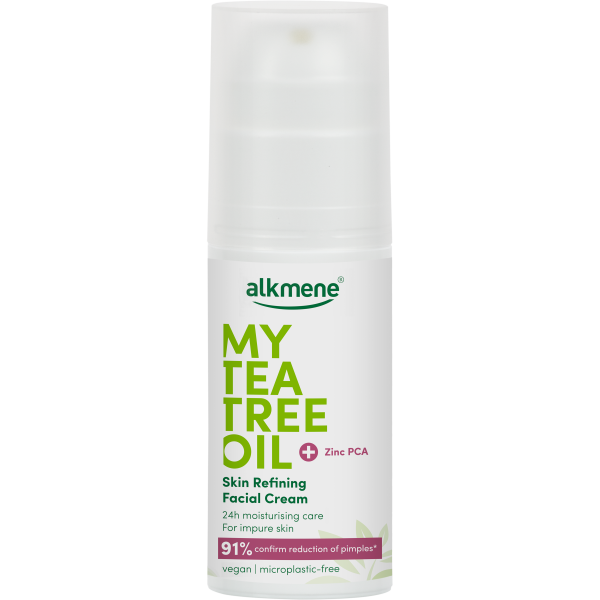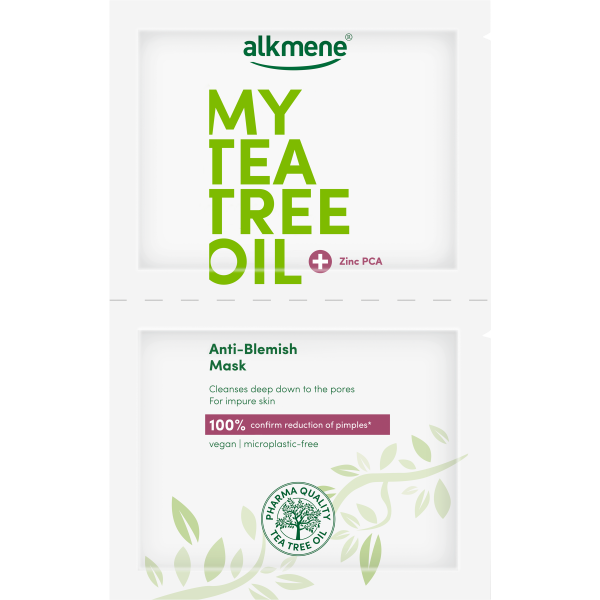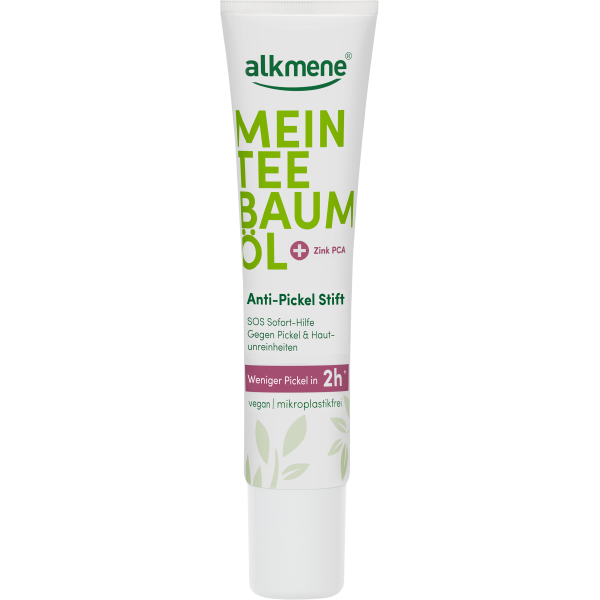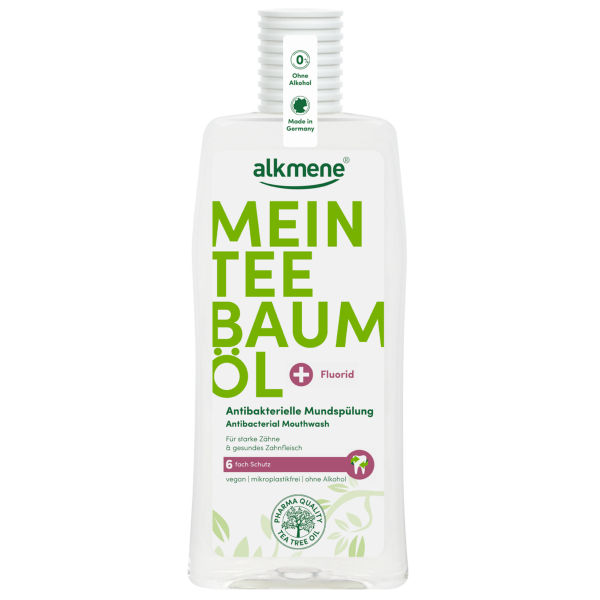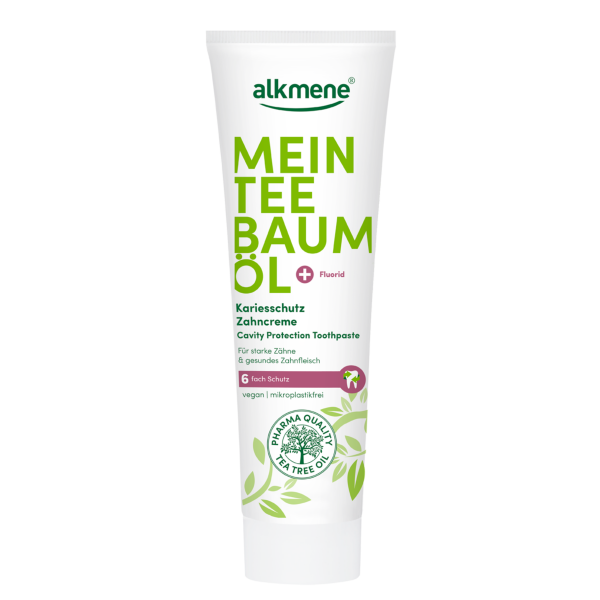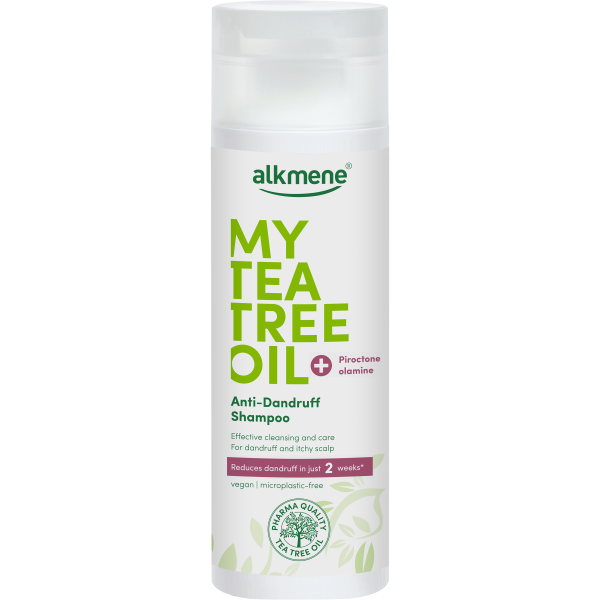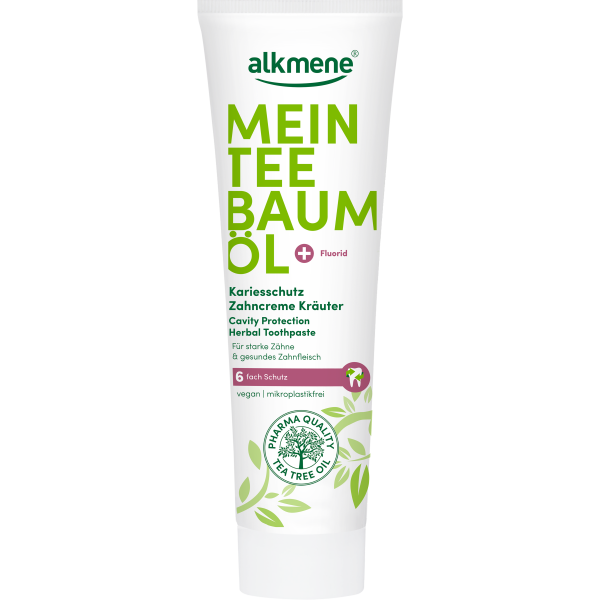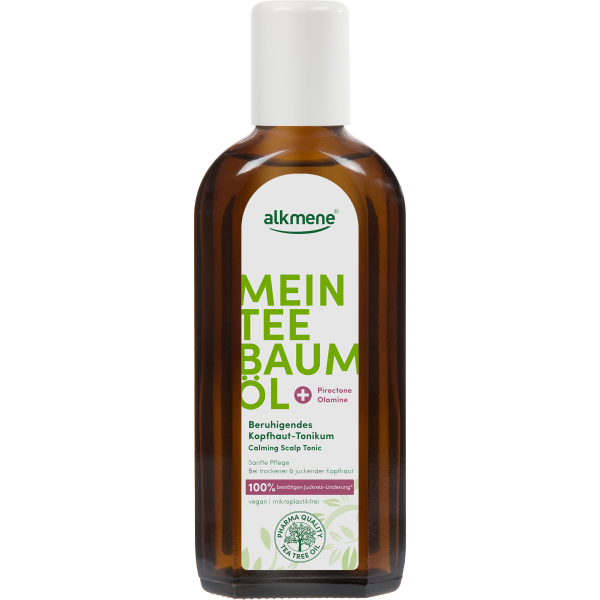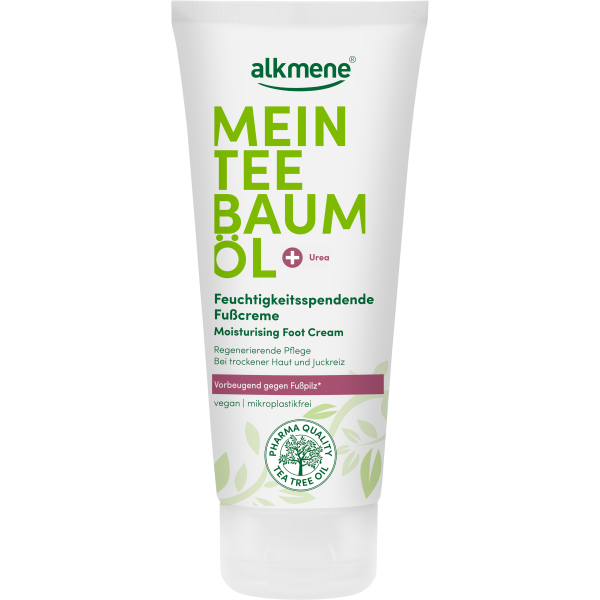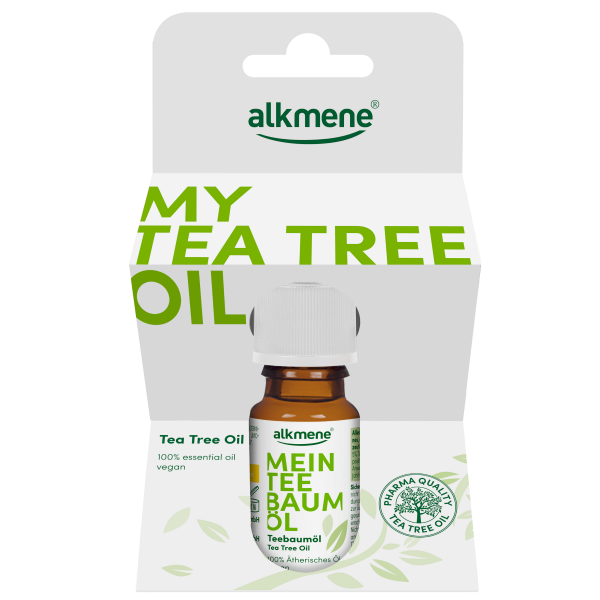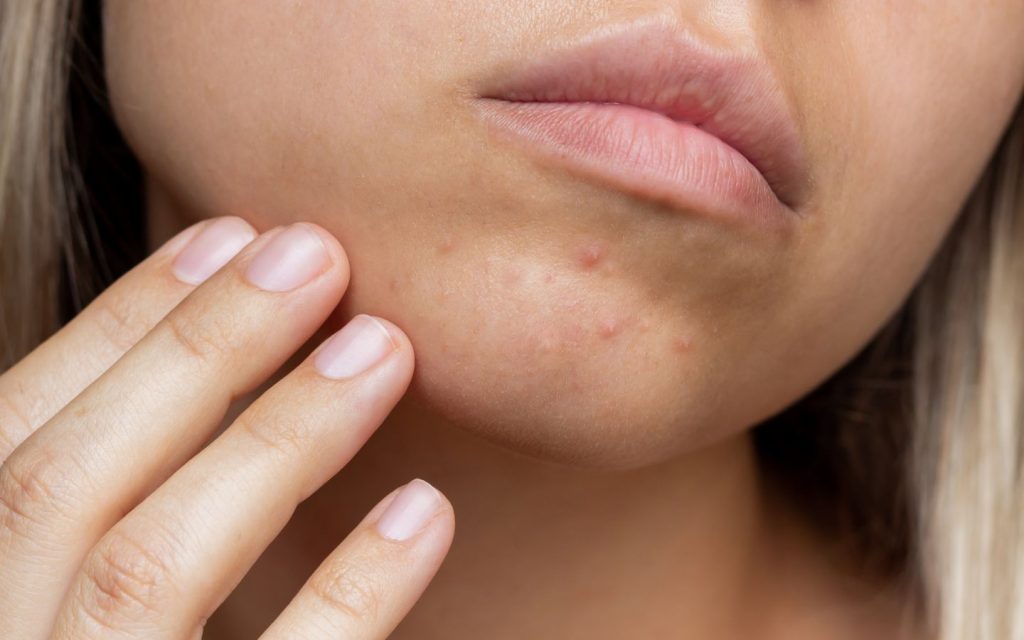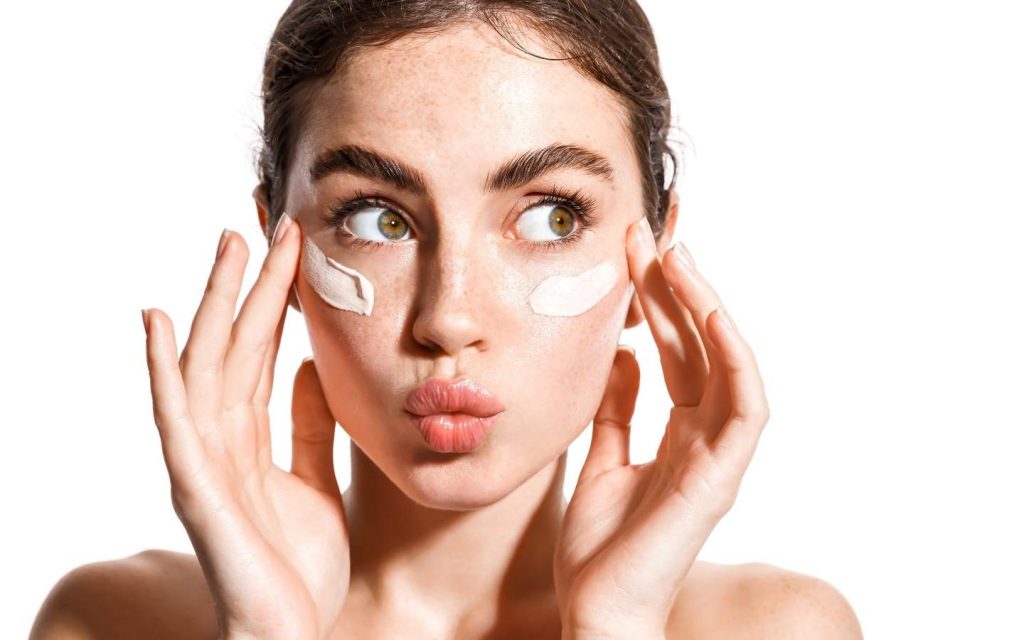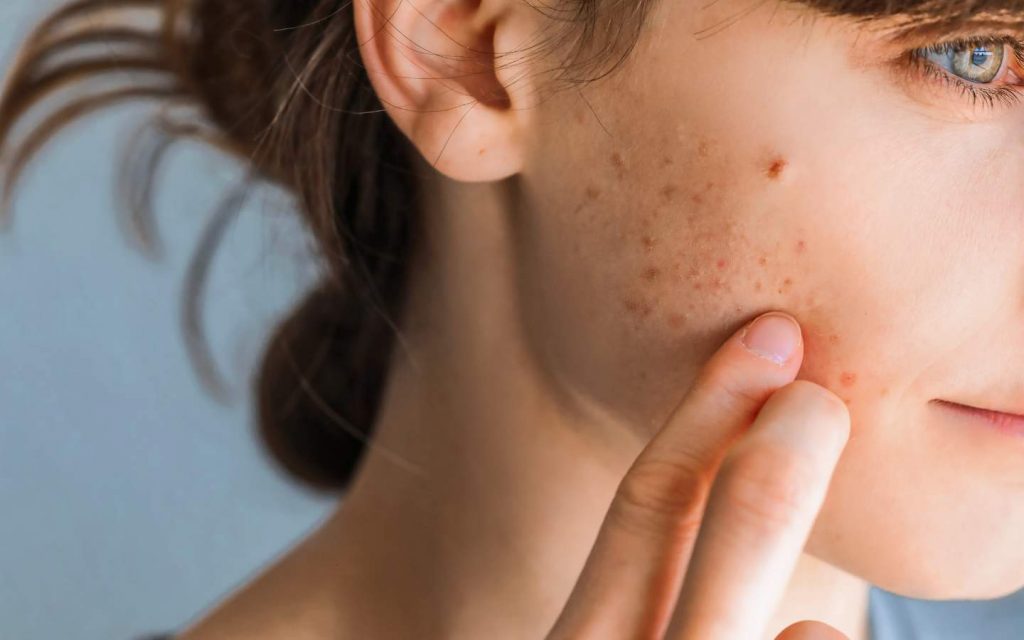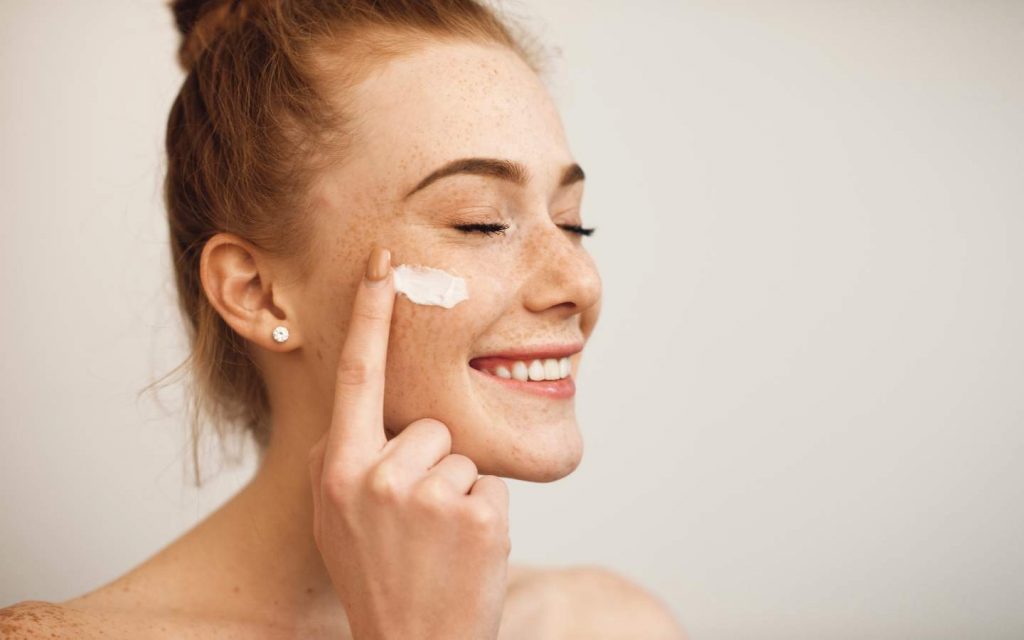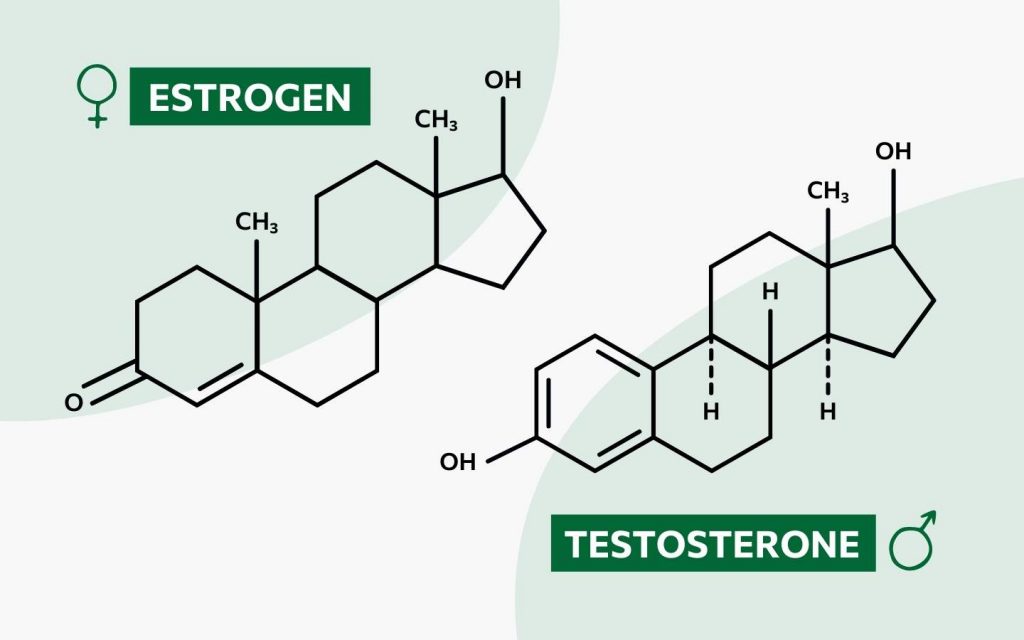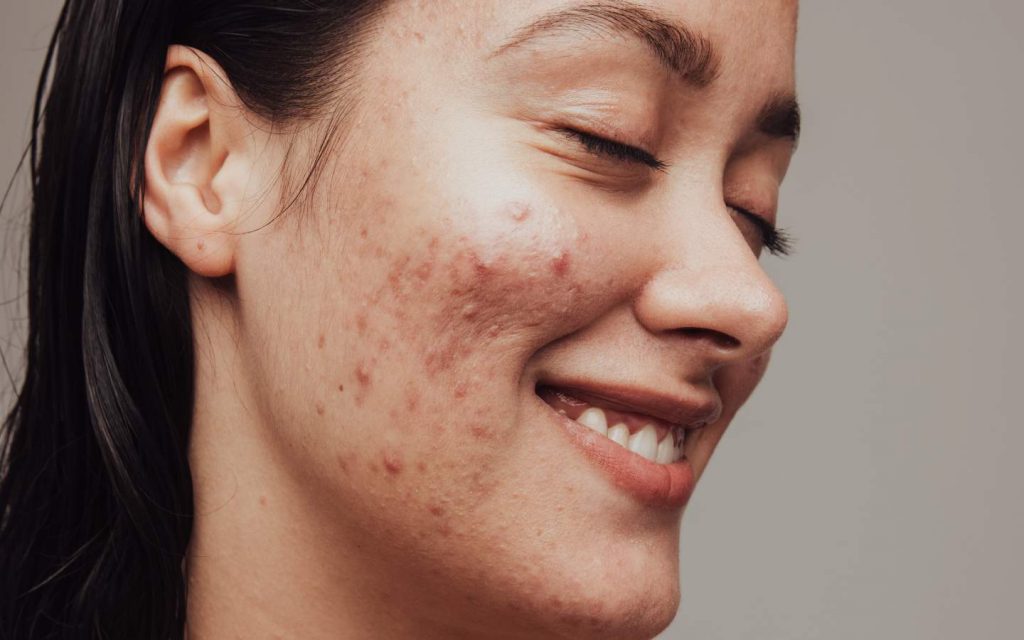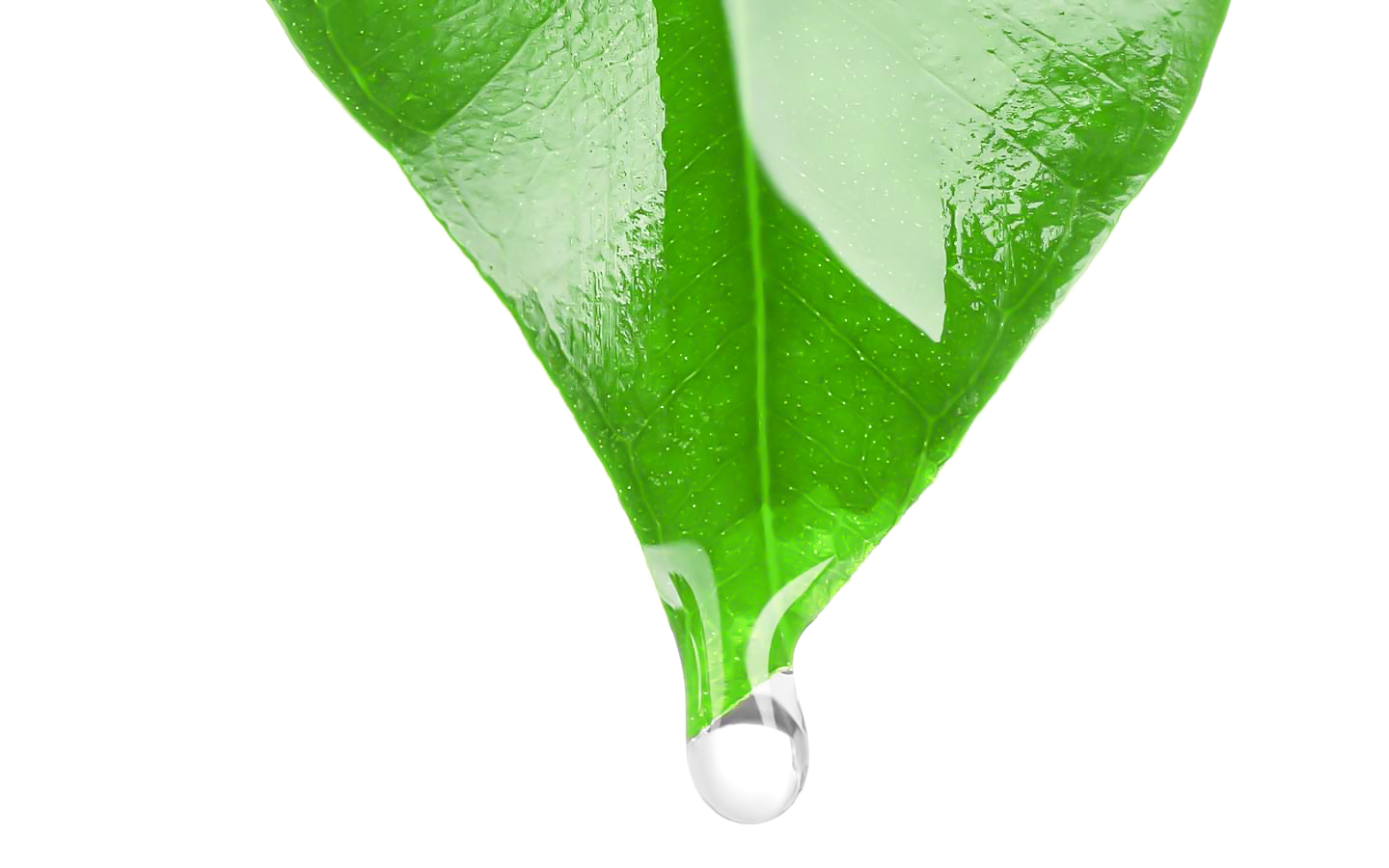
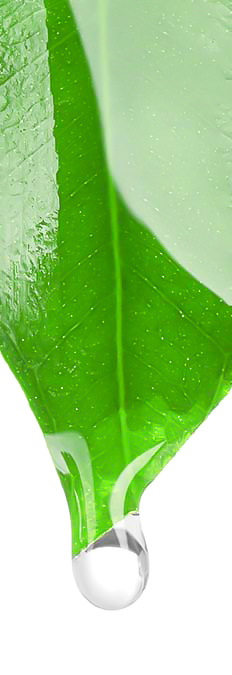
TEA TREE OIL-
What ingredient is tea tree oil?
Tea tree oil is a very versatile oil and belongs to the group of essential oils. With the help of distillation, it is extracted from the leaves and tips of the branches of the tea tree, which is native to Australia. The description of the ingredient is as follows – INCI: MELALEUCA ALTERNIFOLIA LEAF OIL.
What are the properties of the ingredient tea tree oil?
On the one hand, tea tree oil is an antioxidant, as it inhibits oxidation processes caused by oxygen and thus the degradation and spoilage of ingredients. On the other hand, it is a fragrance, which is why it is often a component of perfume oils or aromas. Probably the most important property, however, is its antiseptic and antibacterial effect.
How does tea tree oil work and why? What can tea tree oil support? What is it good for?
Tea tree oil contains a high proportion of terpenes, which is why it has an antibacterial and anti-inflammatory effect. The main effect is attributed to the so-called terpinen-4-ol, which makes up the largest component of tea tree oil. However, comparative studies have shown that the pure terpinen-4-ol is not as effective as tea tree oil, which is composed of over 100 components.
Is it possible to use tea tree oil universally?
Tea tree oil is difficult or impossible to dissolve in water. For this reason, the oil of tea tree is recommended in its pure form. It is popularly used in anti-dandruff shampoos, skin creams for impure skin, deodorants, soaps, toothpastes and mouthwashes.
What should be considered when using tea tree oil?
Since it consists of more than 100 different components, allergic reactions cannot be ruled out, even if it is used diluted. Therefore, a smaller amount of a diluted solution should be applied before use, e.g. in the crook of the arm. If irritations occur, the application of tea tree oil (products) should be avoided.
What is the optimal concentration of tea tree oil for maximum effect? What concentration should not be exceeded and why?
The concentration of tea tree oil in cosmetic products can be assessed as safe up to an application concentration of 1% and should not be exceeded.
For whom is the ingredient tea tree oil suitable and why?
Especially people with impure and oily skin can benefit from the positive effect of tea tree oil. It is very gentle on the tissue, which is an advantage when used against pimples.
With very sensitive or allergy-prone skin, tea tree oil can cause skin irritations, which is why the compatibility of the products should be tested in advance.
More questions about tea tree oil
Yes there are differences in tea tree oil such as the natural component cineol. Since it also occurs as an oxidation product of terpenes, a low concentration of cineol is an indicator of high quality of the oil. Thus, the low cineol content of tea tree oil ensures the pharmaceutical quality of tea tree oil.
Tea tree oil can cause allergies, so it should not be used undiluted.
To achieve a clear complexion, tea tree oil should be used regularly and for a long time. However, initial successes can be confirmed after a short time (e.g. inhibition of inflammation.).
Especially people with impure and oily skin can benefit from the positive effect of tea tree oil. It is very gentle on the tissue, which can be an advantage when used against pimples. A 2010 study published in the “Journal of the German Dermatological Society” confirmed that the application of on acne has a positive effect. The antibacterial effect of tea tree oil destroys acne bacteria on the skin. Therefore, the disinfecting oil can have a positive effect especially on pus pimples.
For very sensitive or allergy-prone skin, tea tree oil can cause skin irritation, which is why it should not be used undiluted.
It is also recommended to test tea tree oil products in advance for its compatibility.
